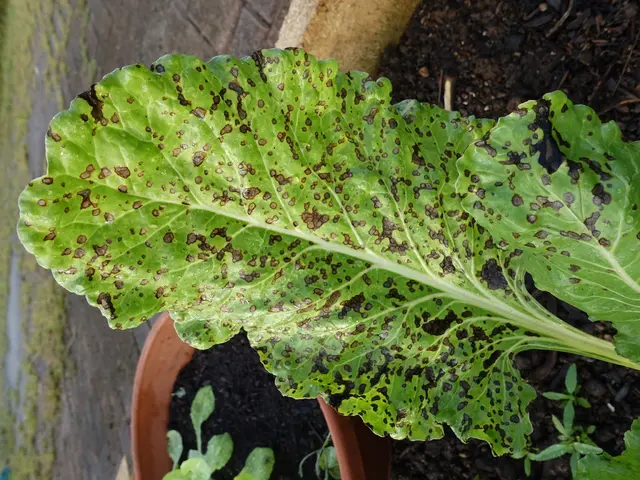Twenty-five vegetation species that effectively thrive in your garden, acting as natural deterrents against pesky mosquitoes.
Enjoying an insect-free outdoor space is within reach for garden enthusiasts, as several plants act as natural mosquito repellents. From fragrant herbs to vibrant flowers, various options are easy to cultivate in garden beds, containers, or borders. Here are some of the most effective plant choices to deter mosquitoes.
Marigolds for a Cheerful Barrier
Marigolds, with their vibrant colors, naturally repel mosquitoes, as well as whiteflies and aphids. These flowers produce pyrethrum, a compound found in numerous insect repellents. Ideal for full sun, marigolds can be planted near doors, windows, and patios to create a natural barrier against mosquitoes. Additionally, their strong scent attracts bees and butterflies to your garden.
Lavender for Beauty and Protection
Besides being attractive and fragrant, lavender is a powerful mosquito deterrent. Its strong floral scent, produced by essential oils, discourages mosquitoes. Lavender does well in sunny spots with good drainage and can be grown in borders, pots, or hedges. Its calming aroma is pleasing to people but bothersome to mosquitoes. Dried lavender indoors can provide ongoing bug protection. Regular pruning helps maintain healthy growth.
Citronella Grass Solutions
Citronella grass, with its high citronellal content, is renowned for its mosquito-repelling qualities. Crushing its leaves releases a strong lemony scent, which mosquitoes find unpleasant. This grass thrives in warm climates and requires full sun and well-drained soil for optimal growth. Citronella grass may be planted in garden beds or large containers, making it a natural alternative to chemical repellents. Place it strategically near outdoor living spaces for maximum effect.
Basil, from Repellent to Plate
Basil, a versatile herb with a strong aroma, deters mosquitoes. The essential oils, particularly eugenol, keep mosquitoes at bay. Basil thrives during warm weather and needs lots of sunlight and water for growth. This herb is an excellent choice for containers, garden beds, or windowsills. Crushing the leaves amplifies the mosquito-repelling scent. Its culinary applications make basil a valuable addition to any outdoor space.
Catnip, More Effective Than DEET
Catnip, a member of the mint family, is widely recognized for its ability to repel mosquitoes. Containing nepetalactone, a natural oil, catnip has been shown in some studies to be more effective at repelling mosquitoes than DEET. While cats love it, the scent bothers mosquitoes. Catnip prefers full sun and well-drained soil for the best growth. This hardy plant also attracts beneficial insects like bees and can become invasive, so container planting is recommended.
More Natural Repellents for Your Garden
- Lemon balm: Its strong lemony fragrance repels mosquitoes and can be used indoors as dried lavender.
- Peppermint: Known for its minty scent, it dissuades mosquitoes with irritating oils. Preferences include moist soil and partial to full sun.
- Nasturtium: With its peppery scent, these blooms deter mosquitoes and other pests. Enjoy their edible leaves and flowers as a colorful addition to salads.
- Sage: Its powerful scent, rich in thujone and camphor, keeps mosquitoes at bay. It favors well-drained soil and full sunlight.
- Lemongrass: High in citronellal, lemongrass offers a striking addition to borders or pots. Release more of the repelling oils by crushing stalks.
Build a Mosquito-Free Yard
By deliberately selecting a variety of mosquito-repelling plants during garden planning, you can create a beautiful, fragrant, and pest-free outdoor space. Whether you're starting fresh or incorporating new plants into an existing landscape, the right combination of plants can develop a layered defense that fits your style and climate. Keep safety in mind by ensuring chosen plants are safe for both pets and your specific climate zone. With careful planning, your yard can become a relaxed haven for you and nature all season long.
Marigolds, with their vibrant colors and natural mosquito-repelling properties, can be planted in garden beds, containers, or borders near doors, windows, and patios to create a natural barrier against mosquitoes. Lemon balm, with its strong lemony fragrance, can be used indoors as dried lavender or planted in the garden to repel mosquitoes.








